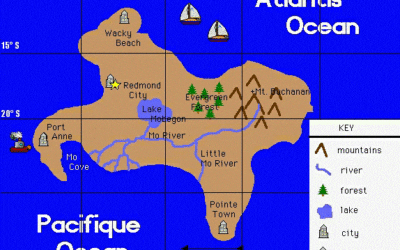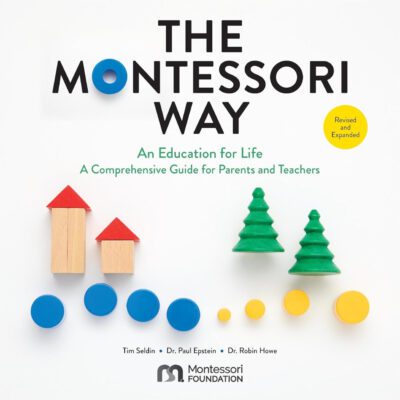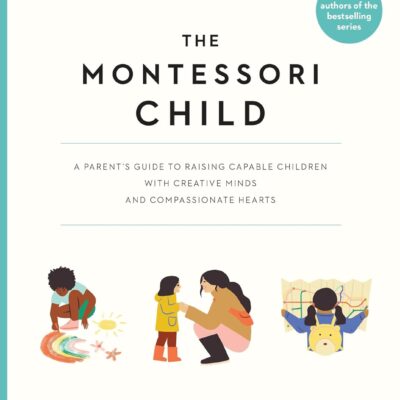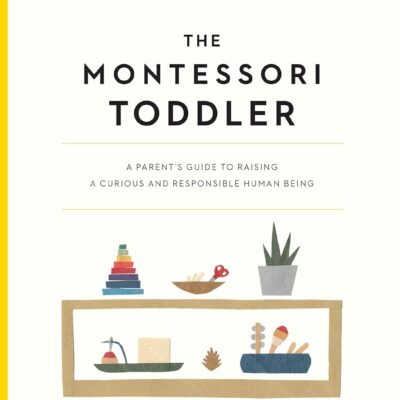
Every Montessori school is a living, breathing work of art.
Unlike businesses that exist solely to deliver a product or generate profit, schools—especially Montessori schools—are something more organic, more soulful. They are shaped not just by strategy or budgets, but by the hearts and hands of the people who govern, lead, and teach within them. In this light, school leaders, teachers, and even parents become artists—co-creating something deeply human and beautiful: a community that nurtures children and helps them grow into their fullest selves.
This is why so many Montessori educators feel such a powerful, often lifelong bond with the schools they help shape. The connection goes far beyond employment. We don’t just work at a school—we *give ourselves* to it. We invest not only our time and energy, but our hopes, our creativity, and our love.
Montessorians know this: education is not assembly-line work. Each school, like each child, is a unique creation. The way we prepare the environment, interact with families, guide children, and design learning spaces is all a form of artistic expression—not in the sense of decoration or aesthetics alone, but in the deeper sense of crafting something meaningful, responsive, and alive.
To run a school, of course, is also to manage practical realities: payrolls, admissions, tuition, staffing, compliance. Even nonprofit schools need financial sustainability to exist. But in a Montessori school, money isn’t the mission. The mission is transformation. We are here to shape lives, to build peace, to cultivate independence, empathy, and a love of learning in children—and in ourselves.
And what we create together—the school community—is never static. Like any great work of art, it evolves. New families arrive. Children grow and graduate. Staff come and go. Challenges arise, new ideas take root. Through it all, the culture of the school shifts, expands, deepens—always becoming. The artist’s hand never leaves the canvas.
This is why we care so deeply when something threatens the life of a school. Why we grieve when a program closes or a beloved teacher leaves. Why we work late, show up early, volunteer for things that were never in our job description. We are not just protecting a structure—we are protecting a vision, a community, a sacred trust.
At its heart, a Montessori school is not a building or a business. It’s a collective expression of love—for children, for humanity, for the possibilities of a better world. It is a place where purpose and practice meet, where people—children, parents, and educators alike—are nurtured, challenged, and transformed.
And like all great art, it leaves an impression on everyone who experiences it.








